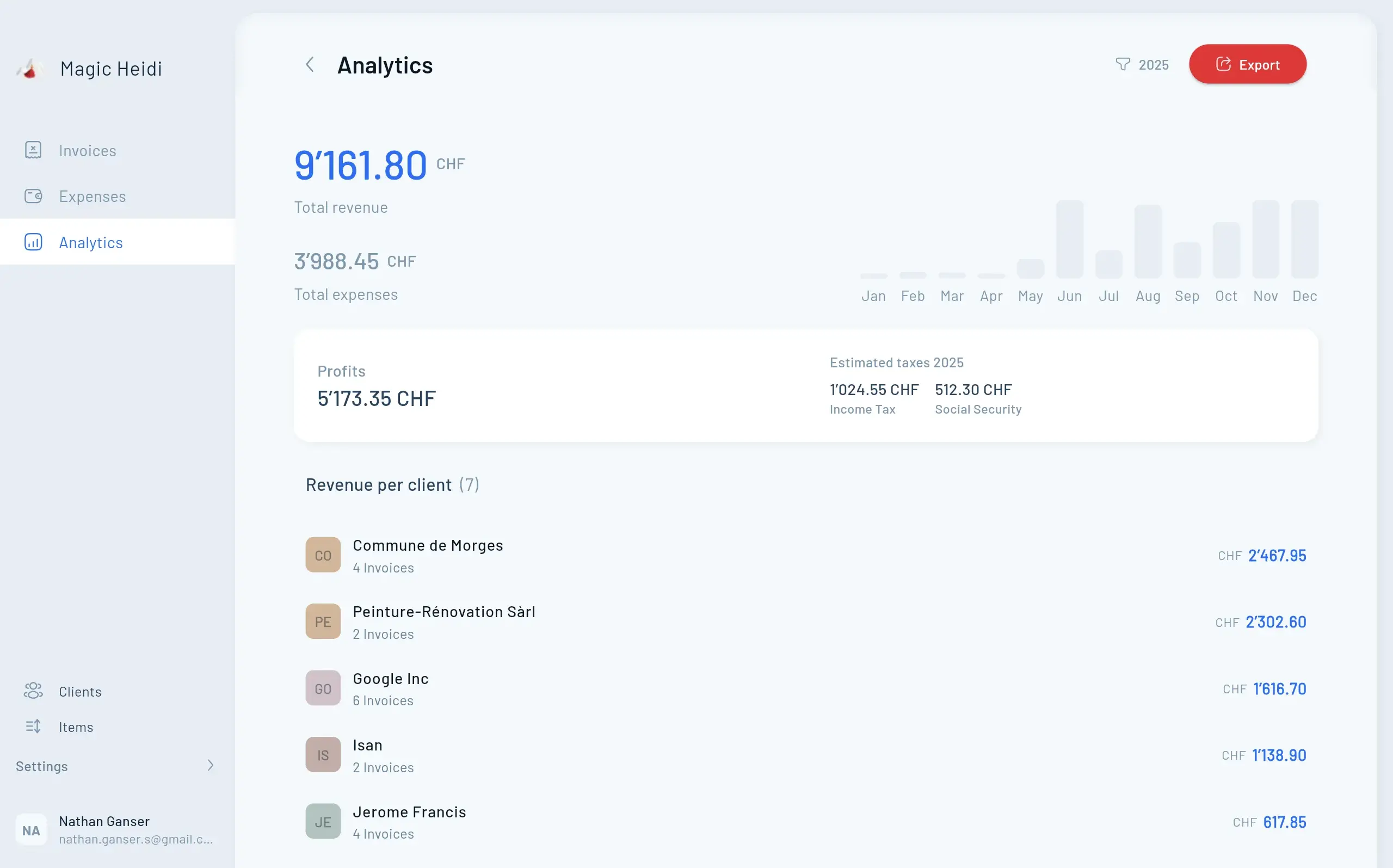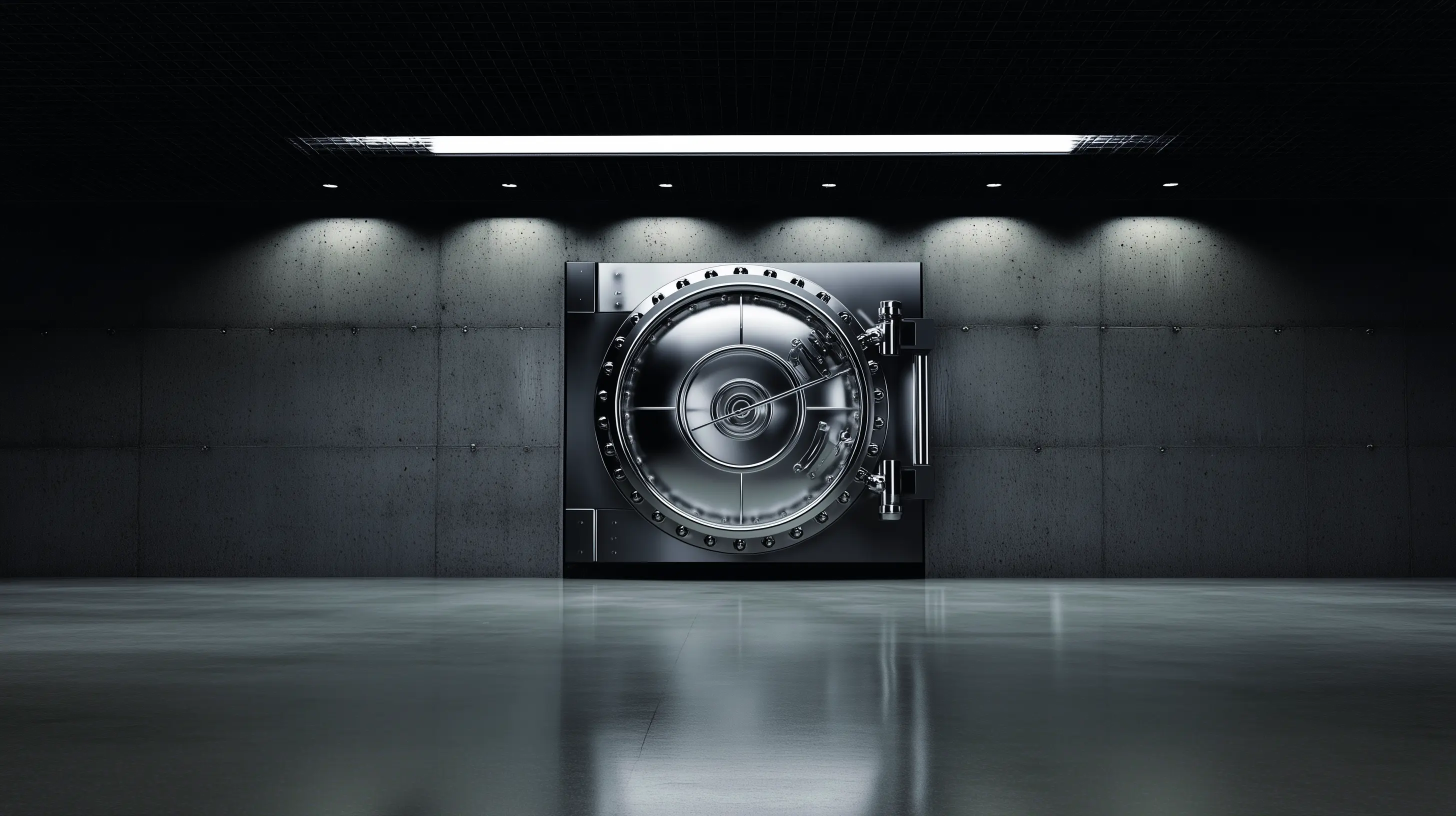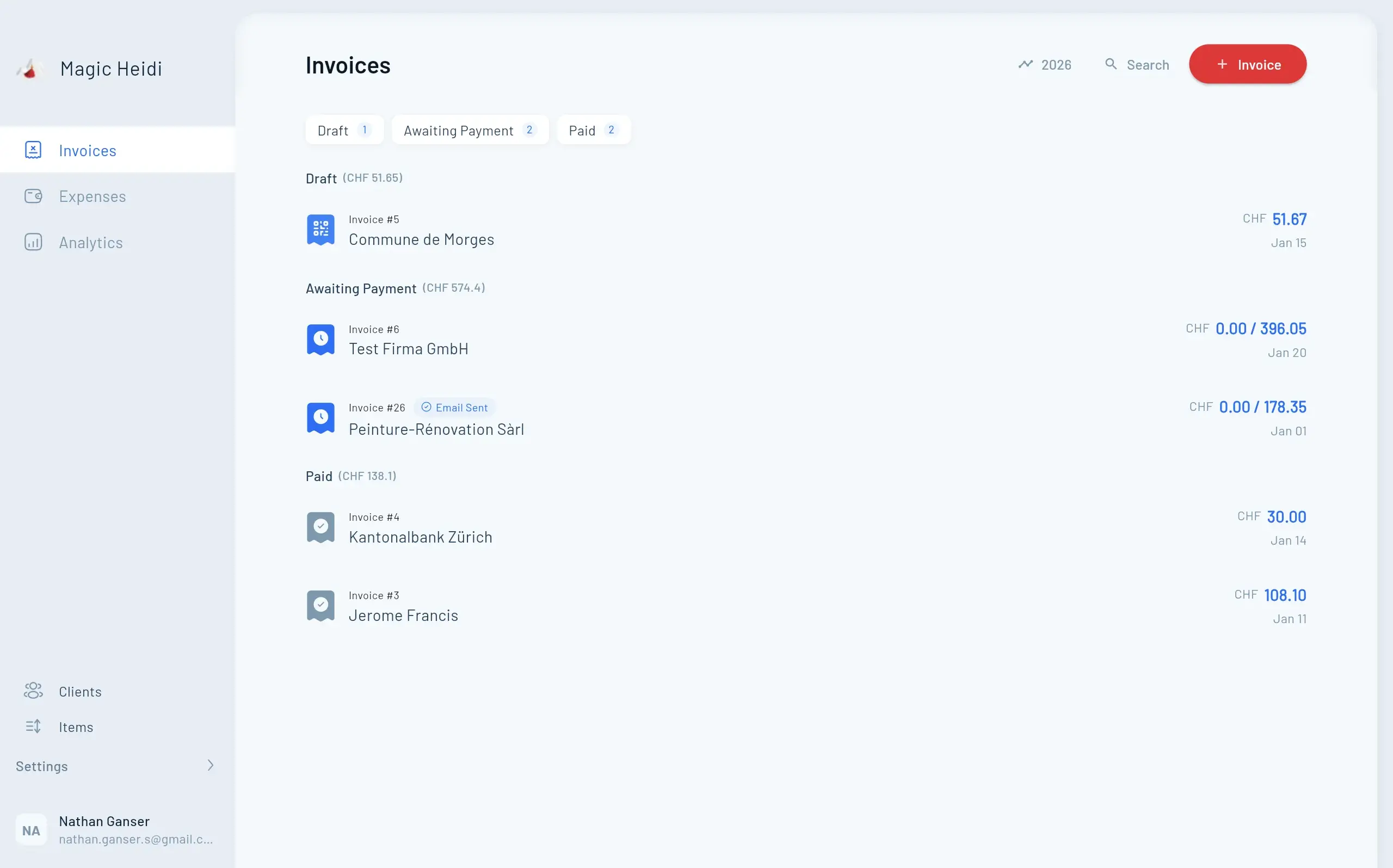The CHF 100,000 Question
Below CHF 100,000, sole proprietorship often makes sense. Above it, GmbH benefits start justifying the costs.
- Under CHF 100k: Sole proprietorship usually sufficient
- CHF 100k+: VAT registration required anyway
- CHF 150k-200k: Most advisors recommend GmbH
- Tax optimization alone can justify the structure






